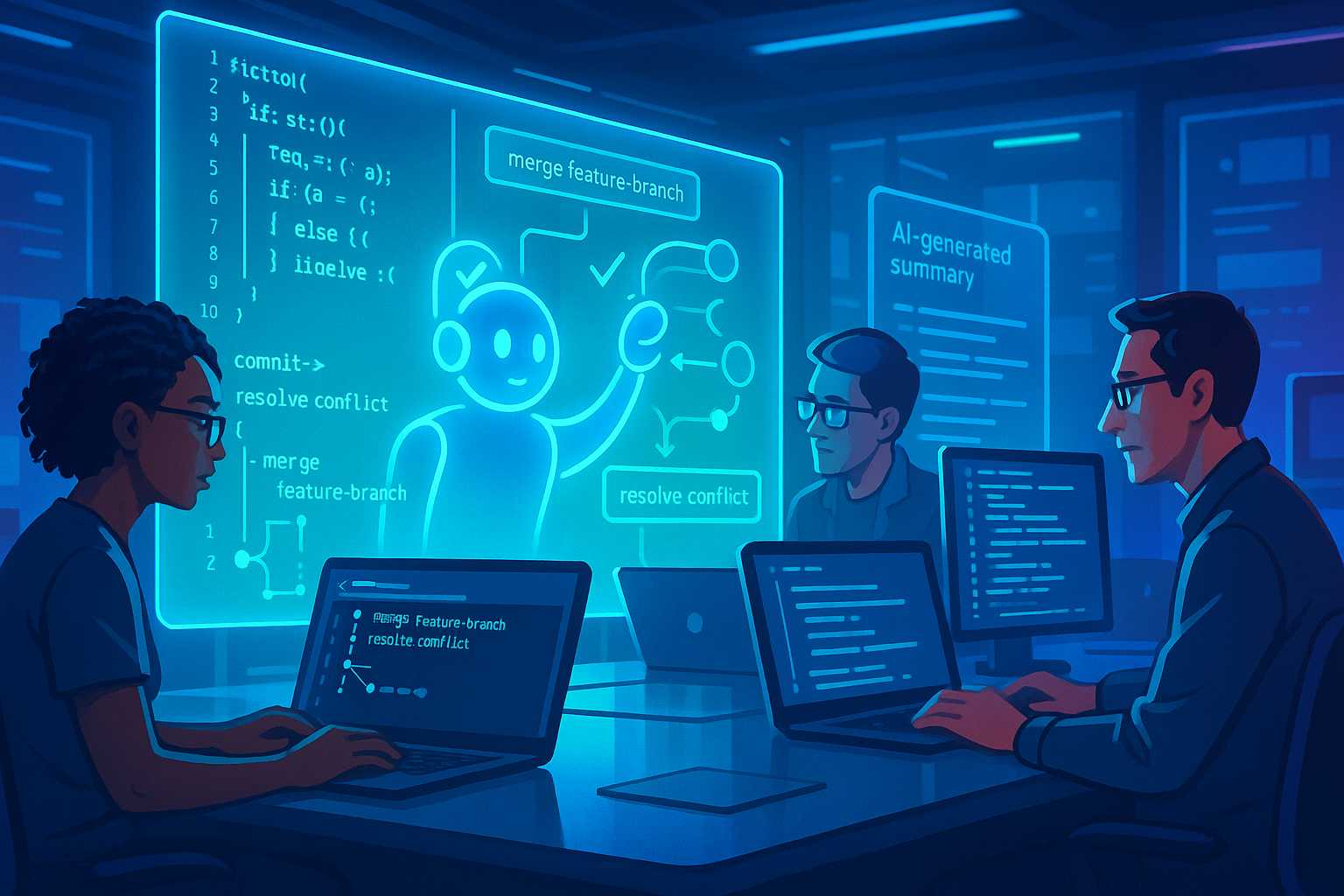AI coding agents have rapidly shifted from being code-completion assistants to full-fledged collaborators within the software development lifecycle. One arena where their impact is particularly striking is version control—historically a domain known for both collaboration and conflict.
The New Way: Version Control with AI Agents
Modern AI-powered agents such as Claude Code and the OpenAI Codex CLI can now do more than suggest a line or two of code. They can interpret commit histories, identify merge conflicts, suggest conflict resolution strategies, and even review pull requests. This raises a fundamental question: How do AI coding agents enhance and, in some cases, change the nature of version control workflows?
Understanding Intent in Commits
One profound ability of AI agents is semantic analysis. Instead of treating a commit as a blob of changes, the agent can summarize the “intent” of each commit when generating release notes or reviewing code, giving team members a human-friendly understanding of changes.
Automated Conflict Resolution
Merge conflicts eat up precious development time. Integrated with version control systems like Git, AI agents can analyze conflicting code, refer to documentation, compare to project history, and in some cases, automatically propose (and even implement) a safe resolution. While not flawless—particularly for nuanced logical conflicts—AI removes much of the tedium from straightforward cases.
Reviewing Pull Requests at Scale
With AI coding agents, code reviews become both faster and richer. Agents assess proposed changes for style, potential bugs, compliance, and even reference similar historic issues. They can auto-flag concerns—or even triage and filter out minor issues—leaving human reviewers to focus their attention where it’s most valuable.
Getting Started: AI Agents in Your Workflow
To try these advances, tools such as Claude Code and Codex CLI can be integrated into your development environment with plugins or direct API calls. Start by letting the agent summarize a pull request, or suggest fixes to a non-critical conflict, and iterate as trust and agent sophistication grow.
Conclusion
The combination of version control and AI coding agents unlocks new efficiencies and higher code quality. As these agents become smarter, expect them to become indispensable partners in every professional software workflow.
—
Geneva writes technical articles about developing software using AI coding agents. Her series explores how innovations in AI are fundamentally reshaping coding best practices, developer workflows, and the software development landscape at large.


Leave a Reply